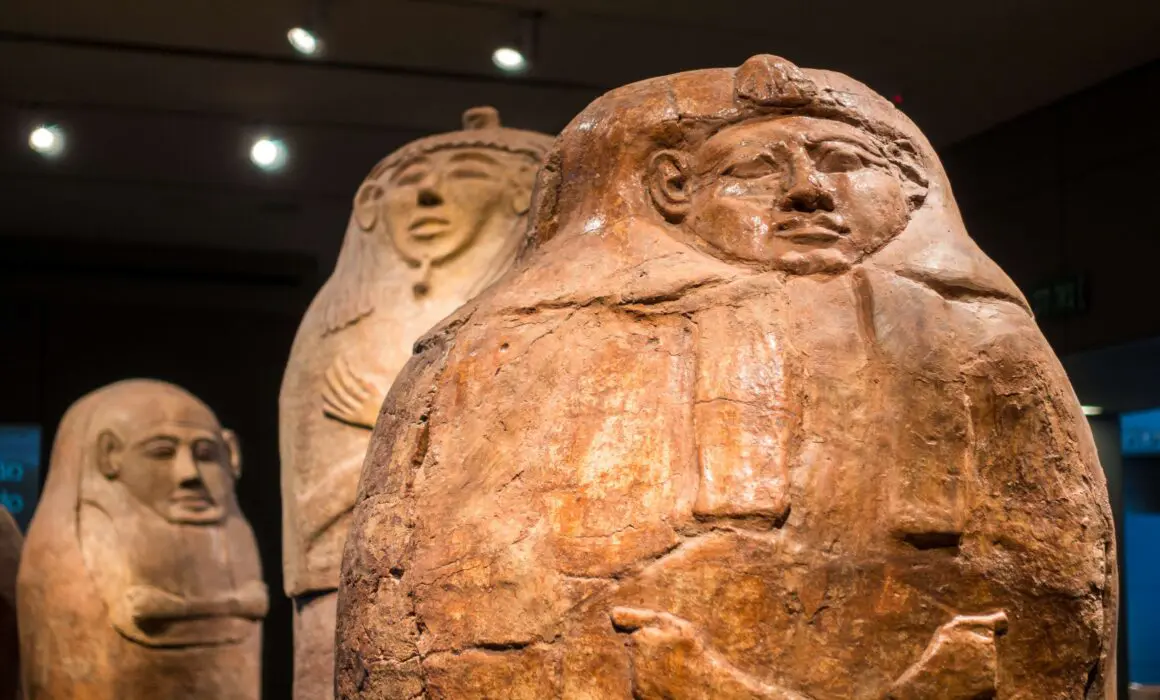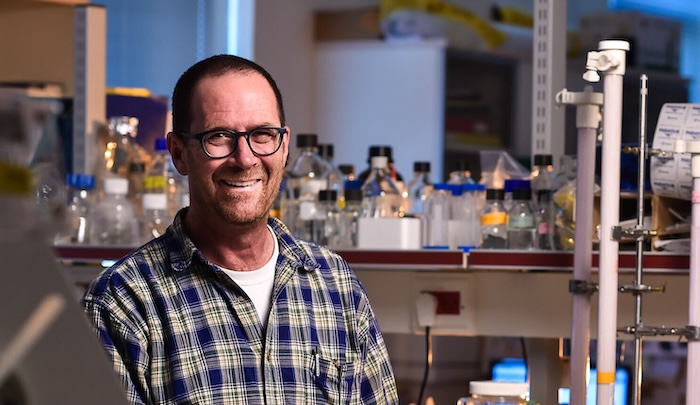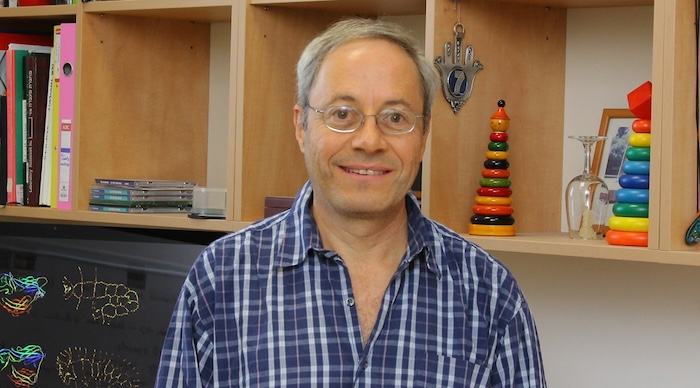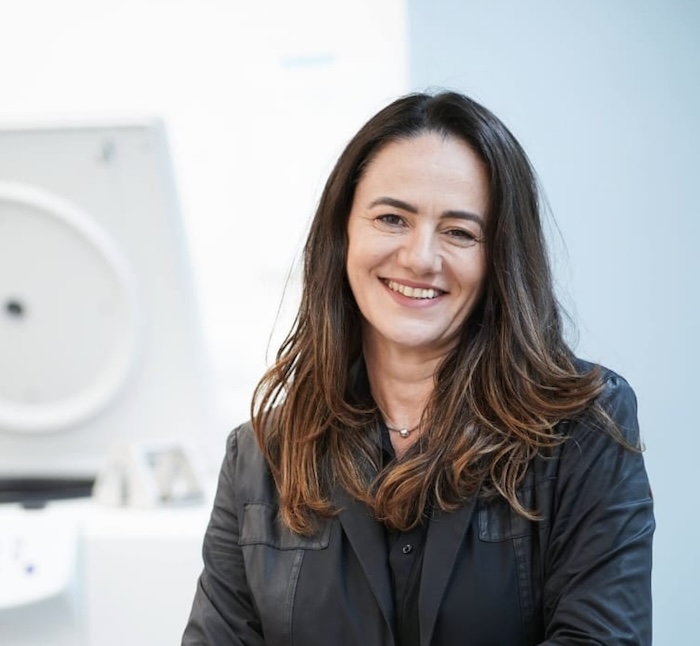EMBO Honors Three from the Technion

Nine Israeli scientists, including three from the Technion, were tapped as new members of EMBO, the European Molecular Biology Organization (EMBO), which supports talented life sciences researchers at all phases of their careers.
Professors Oded Beja, Benjamin Podbilewicz, and Asya Rolls, join the rarified ranks of EMBO members that include Nobel laureates James D. Watson and Francis H.C. Crick, co-discoverers of the double-helix structure of DNA; Isidor Isaac Rabi, whose work ushered in MRI technology; modern day pioneer of CRISPR gene editing, Emmanuelle Charpentier; and Technion Distinguished Professors Aaron Ciechanover and Avram Hershko, co-discoverers of the ubiquitin-mediated protein degradation system.
Professor Oded Beja
Prof. Oded Beja is best known for discovering the first bacterial rhodopsin — light sensing proteins that allow living organisms to harvest energy from the sun. His lab in the Faculty of Biology focuses on the role of photosynthetic viruses infecting cyanobacteria in the ocean, and the use of metagenomics (analysis of organisms in their natural environment) to discover new light-sensing proteins. In 2018, his team discovered a family of rhodopsins found in the bacteria, algae, algal viruses, and archaea of Lake Kinneret, and named them heliorhodopsins. Though this rhodopsin family exists in almost all known marine and freshwater environments, it had never been discovered. This new family could become the newest tool in the field of optogenetics, which allows researchers to use light to turn cells on and off with precision.
Professor Benjamin Podbilewicz
Prof. Benjamin Podbilewicz, also of the Faculty of Biology, studies cell fusion mechanisms in fertilization and organ development. Seeking to better understand sperm fusion with eggs, his team came upon a method for diagnosing male infertility that could predict the success of reproductive techniques such as IVF and prove more reliable than the traditional hamster egg penetration test. They incubated sperm from adult mice with Baby Hamster Kidney (BMK) cells that were genetically modified to express the protein JUNO on the human eggs. Surprisingly, the sperm induced the BHK cells to form one giant cell with multiple nuclei. A series of experiments determined that the sperm’s ability to merge the cells corresponded to the sperm’s fertilizing potential — the more nuclei, the greater the chances of fertilization.
Associate Professor Asya Rolls
Assoc. Prof. Asya Rolls of the Ruth and Bruce Rappaport Faculty of Medicine investigates the physiological mechanisms whereby emotions and thoughts affect physical health — specifically exploring the brain’s influence on the immune system and its ability to cope with diseases. Her work has demonstrated that a reward mechanism, in a part of the brain connected to motivation and positive emotion, boosts the immune system’s defense against viral infections. In one study, she showed that manipulation of the reward mechanism in diseased mice helped shrink cancerous tumors. In recent research, she demonstrated that similar brain stimulation in mice helped improve cardiac performance after a heart attack.
Founded in July 1964, EMBO is a four-year program that supports promising researchers, promotes the sharing of scientific knowledge, and helps create a rich research environment for important science to thrive. Upon election to EMBO, new members receive financial support, professional connections, mentorship and leadership training, and access to research facilities at the European Molecular Biology laboratory in Heidelberg, Germany.
More About
More Visionary Education stories

Technion Professor Jacob Grobman Named Director of Israel Museum

Opinion: For New York, International Collaboration Drives Progress






